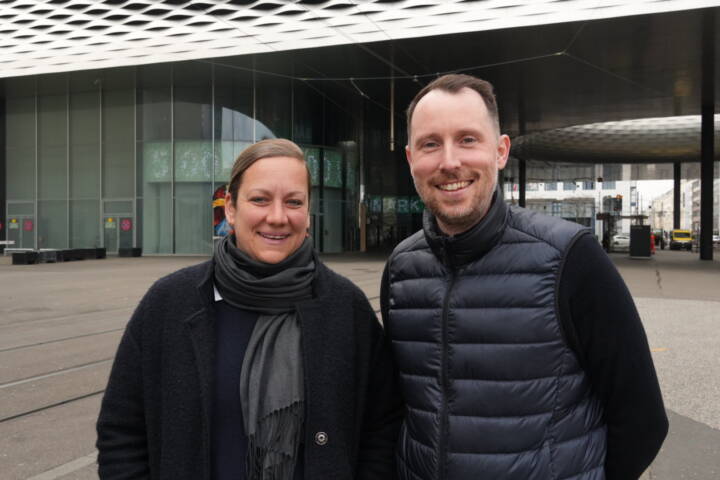An interim balance: the outcome of the first events.
The figures chalked up by Switzerland’s first large-scale digital congress speak for themselves. A total of 5500 participants registered for the Annual Meeting of the German, Austrian and Swiss Societies for Hematology and Medical Oncology (DGHO) and, between 9 and 11 October 2020, some 5200 of them logged into the relevant online platform.
The Annual Biocontrol Industry Meeting (ABIM) conducted at the Congress Center Basel from 19 to 21 October 2020 registered 500 interested persons and 1200 logins over the three days of the event. A maximum of 380 participants logged in simultaneously for the plenary sessions. Similar visitor frequencies were recorded at CLINAM, the twelfth European and Global Summit for Nanomedicine from 26 to 28 October 2020, at which not only the participants but also the speakers were connected in from outside.
A look into the future: what we have learned.
As gratifying as these figures might seem, all these events had one thing in common. Participants felt afterwards that they had only offered limited opportunities for person-to-person discussions. Organisers can counteract this, however, by adopting a different perspective on their event. Instead of shifting the entire event 1:1 into virtual space, they should totally rethink their event architecture. One thing that became clear was that shorter sessions are welcomed in the World Wide Web. And, despite this, it is still essential to plan in sufficient breaks. Organisers should also not attempt to save on personnel. Although less staffing is needed at neuralgic points such as the cloakroom, ensuring careful supervision of the chats and a sufficient virtual presence of the host are particularly important.
The MCH Venues team would be delighted to include the findings they have acquired in the planning for your next events – irrespective of whether these are to be staged online or live. Live events too can benefit from the intensive work that has gone into digitalisation over the past few months.



